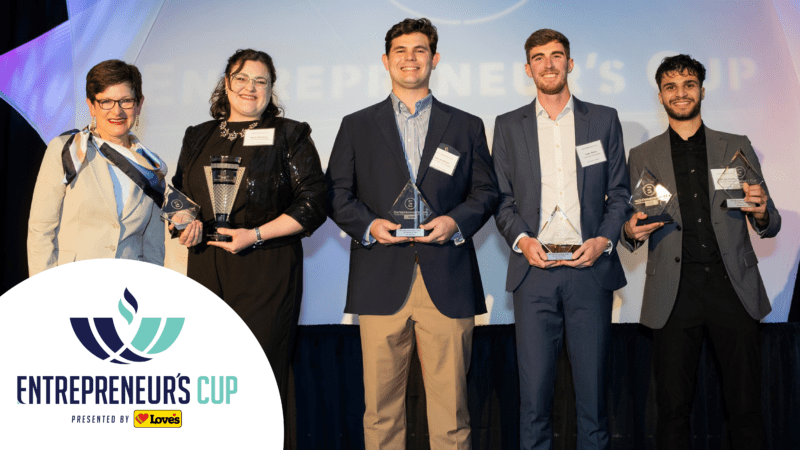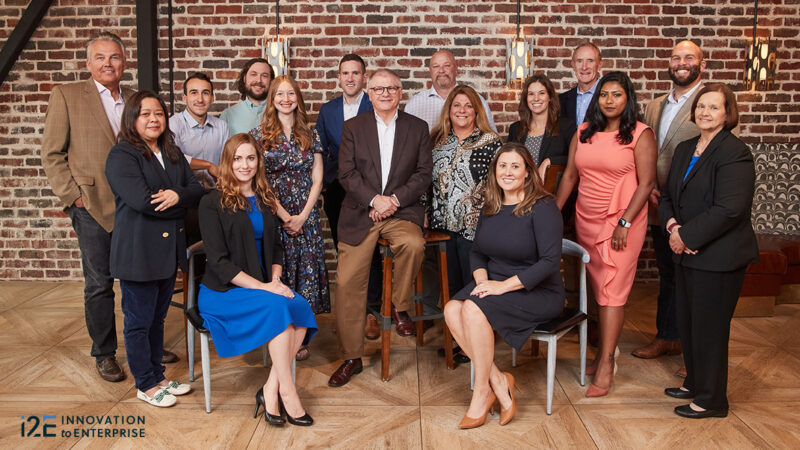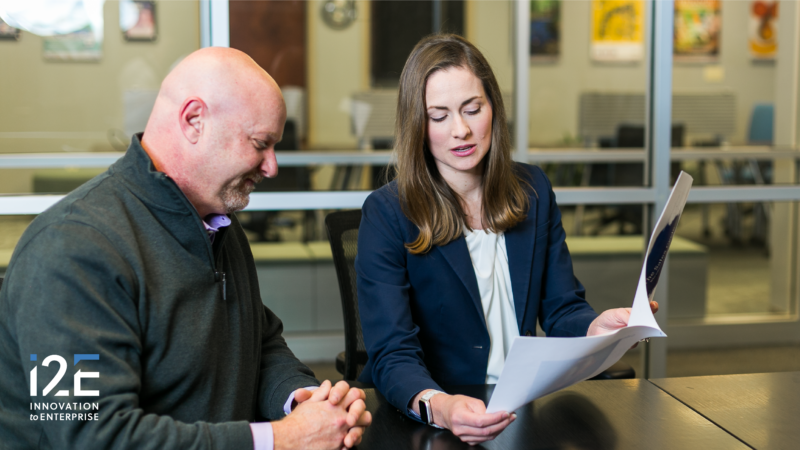By Scott Meacham
Copyright © (2018), The Oklahoma Publishing Co.
This week, we are at the midpoint of the year — and, at least here in Oklahoma, smack in the middle of the dog days of summer.
It’s easy in July in the Midwest to succumb to the summer doldrums — that is unless you happen to be an entrepreneur.
Entrepreneurs don’t get a summer break. It doesn’t matter whether the businesses they are working to build are Main Street or high-tech, they don’t get holidays or time off. Entrepreneurs of every stripe have to run faster and push the envelope harder and longer than everyone else to gain a toehold and start making money before the cash runs out.
Entrepreneurs shoulder a lot of obvious responsibility — to themselves, to their families, employees, investors, customers — the list is long. Implicitly, entrepreneurs also carry the responsibility for diversifying a state’s economy. This is especially true in states like Oklahoma where our abundance of natural resources tips the scale away from diversification and toward an over-dependence on oil and gas.
Thanks to the creativity and drive of entrepreneurs who are founding new companies here in biotech, digital content, battery technology, artificial intelligence, not to mention software and advanced manufacturing, Oklahoma’s economy is diversifying.
A few weeks ago, a new report from WalletHub explored economic diversification by state. It is no surprise to anyone that states that have mixed economies with more variety in industries and professions outperform their peers and weather economic storms more successfully. (Twenty-plus years of boom and bust in Oklahoma has helped us learn that lesson the hard way.)
WalletHub compared 501 of the country’s largest cities across three key metrics: industry diversity, occupational diversity, and worker class diversity. A weighted-average score of 100 indicated the most economic diversity.
Surprising and encouraging to see, Oklahoma was among the states with the highest industry diversity. Drilling down, on the list of the 60 largest cities, Oklahoma City ranked 7 (75.57) and Tulsa (73.62) was in the upper half. Lawton was No. 1 (77.58) on the small city list.
The point is not to dwell on the comparative rankings of Oklahoma cities, but to acknowledge an encouraging trend. In a state that 20 years ago was almost totally dependent on natural resource-driven industries, our economy is changing.
For that, we can thank public and private sector leaders for the vision and investment that helped the Oklahoma Center for the Advancement of Science and Technology become the cornerstone of economic diversification in our state. We can thank early stage investors, from individuals to angels in groups, and we can thank the remarkable institutions and universities that discover and spinout research.
But most of all, we need to be thanking our intrepid entrepreneurs and innovators. They are the economic wind beneath our sails. Without them, none of this would have been possible.
Scott Meacham is president and CEO of i2E Inc., a nonprofit corporation that mentors many of the state’s technology-based startup companies. i2E receives state support from the Oklahoma Center for the Advancement of Science and Technology and is an integral part of Oklahoma’s Innovation Model. Contact Meacham at [email protected].








